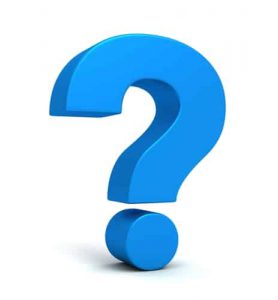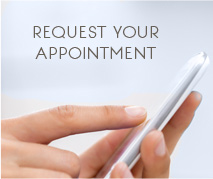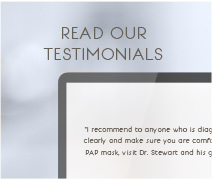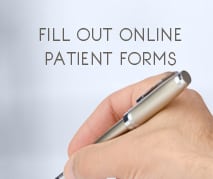 Obstructive sleep apnea is a serious disorder, one that if untreated can elevate the risk of high blood pressure, depression, heart attack, and even stroke. Fortunately, we can diagnose and then recommend treatment for your sleep issues. We have multiple treatment options available, which will best suit your needs, a CPAP or an oral appliance?
Obstructive sleep apnea is a serious disorder, one that if untreated can elevate the risk of high blood pressure, depression, heart attack, and even stroke. Fortunately, we can diagnose and then recommend treatment for your sleep issues. We have multiple treatment options available, which will best suit your needs, a CPAP or an oral appliance?
The Causes and Symptoms of Sleep Apnea
Obstructive sleep apnea is the result of a patient’s breathing being suspended during sleep as soft tissue in the mouth and throat collapse, blocking airways. The patient is woken to resume breathing, preventing the deep sleep needed to function properly during the day. Causes and risk factors include:
- Neck circumference
- Nasal congestion
- Obesity
- Excessive alcohol consumption
- Family history
Common warning signs to watch for include:
- Drowsiness during the day
- Moodiness and difficulty concentrating
- Waking up choking or gasping for air
- Chronic snoring
If one or more of these warning signs sound familiar then talk to your dentist. The doctor can examine you and may perform a sleep assessment to see if you require treatment for sleep apnea. If so, we may recommend one of the following treatment options.
CPAP
The CPAP machine forces air through the nose and mouth, preventing obstruction. During sleep, the patient wears a mask over the nose and mouth, which connects to the CPAP machine.
Oral Appliance
An alternative to the CPAP machine, the oral appliance is a small device, very similar in appearance to a nightguard, which is worn during sleep. The device moves the jaw forward to prevent the blocking of airflow. You breathe easier and may experience a significant reduction in apnea episodes. If you have any questions about treating sleep apnea then contact our office today.






